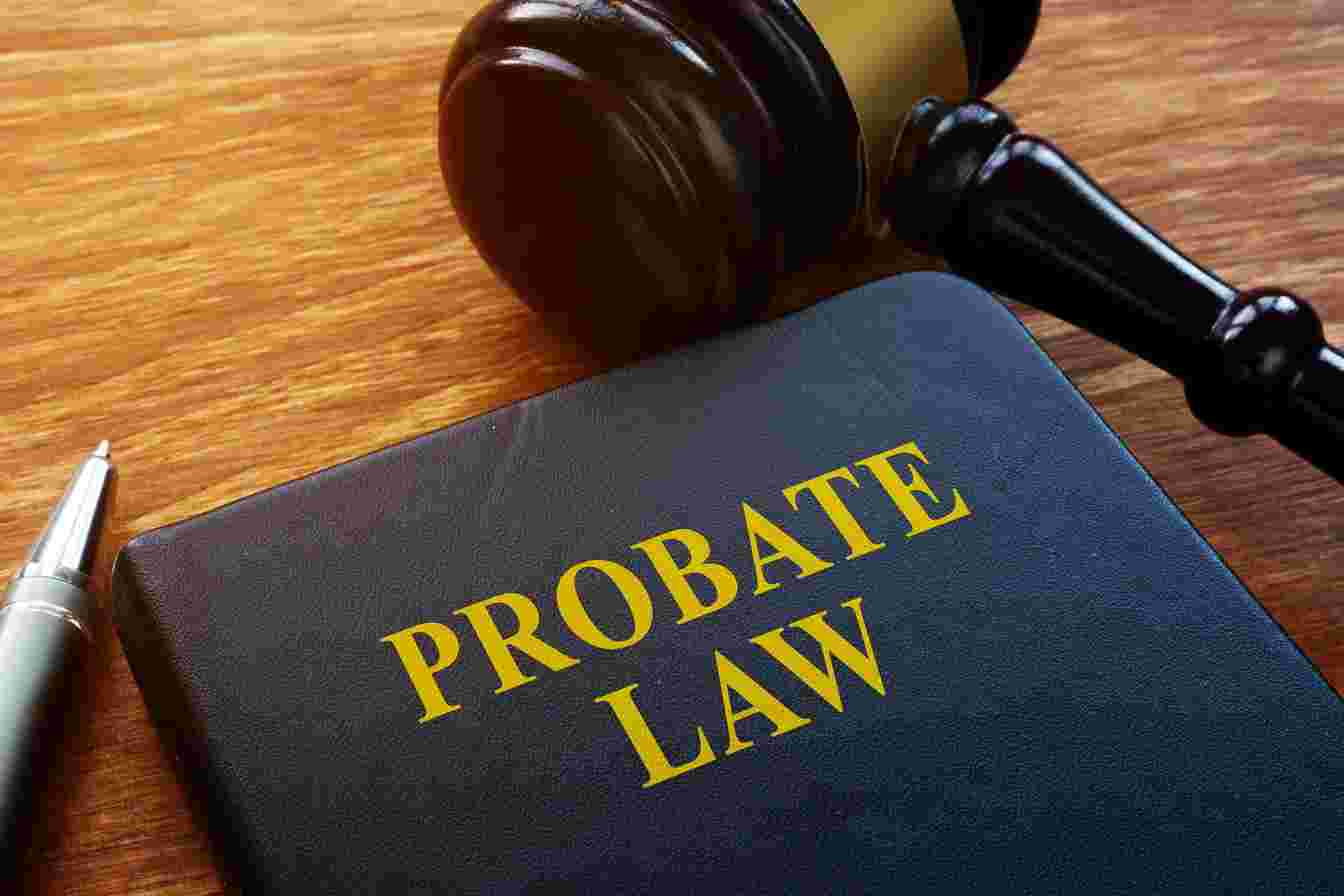
When it comes to estate planning, it’s important to understand the difference between probate and non-probate assets. Probate is the legal process of distributing a deceased person’s assets according to their will or the state’s intestacy laws. Non-probate assets, on the other hand, are those that pass directly to a designated beneficiary, without the need for probate. In this blog post, we’ll explore the differences between these two types of assets and why it’s important to plan for both.
What are Probate Assets?
Probate assets are assets that are subject to probate proceedings. This means that they are distributed according to the terms of a will or, if there is no will, according to the state’s intestacy laws. Probate assets can include real estate, bank accounts, investments, personal property, and any other assets that are solely owned by the deceased person.
The probate process can be time-consuming and expensive, and it involves filing court documents, notifying creditors and heirs, and distributing assets according to the will or state law. It can take several months or even years to complete, depending on the complexity of the estate and any disputes that may arise.
What are Non-Probate Assets?
Non-probate assets are assets that pass directly to a designated beneficiary, without the need for probate. These assets include life insurance policies, retirement accounts, and jointly owned property with rights of survivorship. When a non-probate asset is designated to a beneficiary, it passes outside of the probate process and is not subject to the deceased person’s will or the state’s intestacy laws.
Why is it Important to Plan for Both?
It’s important to plan for both probate and non-probate assets when creating an estate plan. Failing to plan for both can result in unintended consequences and potentially leave your loved ones with a lengthy and expensive probate process.
For example, if you only have a will and no other estate planning documents, all of your assets will be subject to probate. This can result in a lengthy court process and potentially leave your loved ones without access to their inheritance for months or even years. On the other hand, if you only plan for non-probate assets and fail to create a will or trust, your other assets may not be distributed according to your wishes. Planning for both probate and non-probate assets can help ensure that your wishes are carried out and that your loved ones are provided for after your death. This
can involve creating a comprehensive estate plan that includes a will, trust, and other estate planning documents, as well as designating beneficiaries for non-probate assets.
Conclusion
In conclusion, understanding the difference between probate and non-probate assets is crucial when creating an estate plan. Probate assets are subject to the probate process, while non-probate assets pass directly to a designated beneficiary. Planning for both types of assets can help ensure that your wishes are carried out and that your loved ones are provided for after your death. Consult with an estate planning attorney to help you create a comprehensive plan that takes into account all of your assets and ensures that they are distributed according to your wishes. For further information visit our website by clicking HERE
